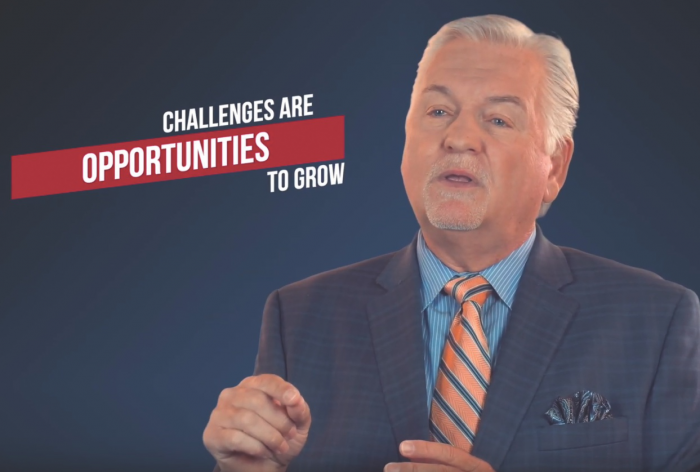
If there’s one takeaway from 2020, it’s this: the need to focus on mental health in the workplace is more urgent than ever before.
With the ongoing COVID-19 pandemic, the exhaustion and frustration of having our professional and personal lives reoriented, and the looming threat of a health risk, it comes as no surprise that millions of already fragile, exhausted, and stressed adults across the U.S. need more support than before.
Workplaces must learn to be more sensitive and cognizant of employee needs, especially mental health needs. As we take this opportunity to pause and reflect, and understand how we can better ourselves, here are some ways that managers can play their part to support their teams:
Mental health doesn’t exist in isolation. It affects every aspect of your life, and this includes work and professional matters. Your employees, especially those dealing with work-related anxiety and stress, will not remain unaffected in their productivity and performance. In fact, if they are unable to find the right support, their performance at work will inevitably suffer.
There are small steps such as recognizing signs of emotional and mental distress, acknowledging and offering help, and tracking other worrisome indicators in the workplace that can go a long way toward bridging this gap.

This is truly a revolutionary step but one that could put your company in the lead for improving work cultures. Make healthcare policies and coverage more inclusive of mental health; from mental health days to covering the cost of medication and therapy, there’s a lot you can do depending on available resources. This empowers employees and lets them see that you, as an organization, and you, as an authority figure, are vested in their well-being.
Being vulnerable as a manager helps make communication easier and more honest. This might go against your initial instincts of separating the personal and the professional, but even talking about your stress management, or feelings of anxiety, and creating open, honest, and safe channels of communication is a giant leap.
It’s important to draw boundaries, but it’s equally important to foster honesty and support, and conversation is one of the only ways to do that. Don’t be quick to dismiss what someone has to say, especially if they tell you they’re struggling at work. The person matters more than their performance.
Last but not least, wellness culture is the future of the corporate world. The sooner you get on board, the sooner your company benefits. Investing in employee health and wellness has shown to improve company performance significantly. Mental health should be more than just a selling point; how are you actively trying to improve company culture?
One of the most effective ways to focus on employee wellness is through inspirational, motivational speakers like Steve Gilliland. Through a combination of wit, experience and humor, he can help you communicate the importance of wellness and your role as a supportive manager and employer to your teams.
The Hall of Fame motivational keynote speaker uses unique, state-of-the-art virtual experiences to help organizations maintain a productive, diverse and inclusive workforce during the crisis of the pandemic.
“Thank you for enriching our lives with your inspiring, entertaining and applicable message,” said the South Carolina Health Care Association after hiring Steve for their August 2020 event.

Get in touch with him for more information about his work as a professional corporate speaker or his unique, state-of-the-art virtual presentations – or learn about his leadership program to be the best you can be.
Mental health affects everyone. It’s important that each of us plays our part in destigmatizing and demystifying it. Take advantage of your role as an authority, and revolutionize the way we see and understand employee wellness.